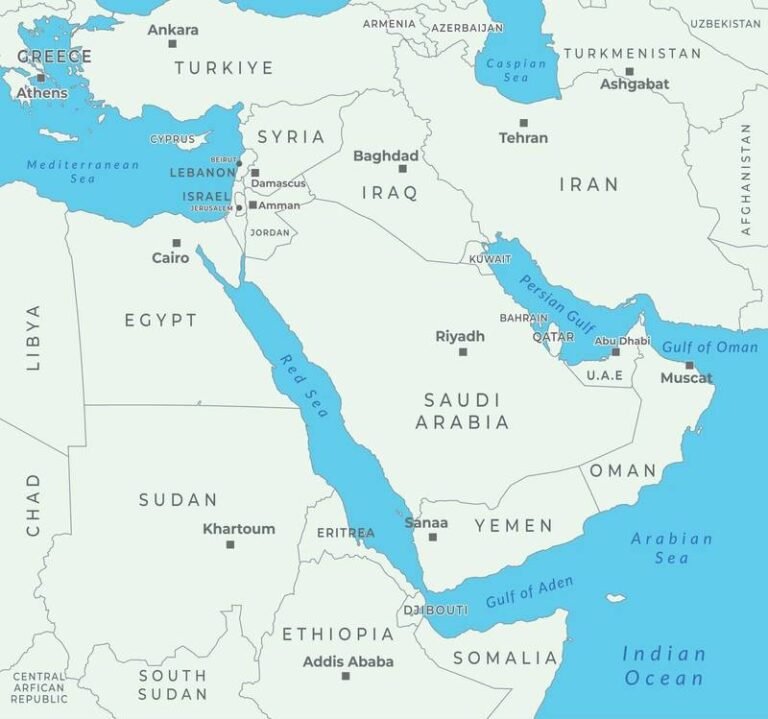Greek-Managed Tankers Avoiding Red Sea Due to Security Threats
Several Greek-managed tankers transporting Russian oil to Asia are opting to take the longer route around Africa, avoiding the Red Sea, due to escalating security threats from Houthi attacks. This decision comes after a deadly drone and speedboat assault on a Greek-operated bulk carrier off Yemen earlier this month, which resulted in the loss of four seafarers.
Since the attacks began in November 2023, the Red Sea has seen a significant decrease in traffic, impacting global oil and commodity trade. The Iran-backed Houthi group claims the assaults are in solidarity with Palestinians amid the Gaza conflict.
While most Western shipowners abandoned the Suez Canal route last year, Russian oil shipments continued through the region, benefiting from Moscow’s close ties with Iran. Greek shipping companies have recently entered the Russian Urals oil market, offering transport and insurance services while complying with sanctions under the Group of Seven price cap terms.
According to LSEG shipping data, vessels like the Minerva Elpida, Minerva Vera, and Nissos Ios, carrying a total of 300,000 metric tons of Russian Urals crude, have opted to take the route around the Cape of Good Hope to India. These tankers are part of fleets that have docked at Israeli ports since October 2023, making them potential targets for Houthi forces.
Ships typically have protection and indemnity (P&I) insurance, hull and machinery policies, and separate war risk insurance for high-risk areas like the Red Sea. The Nissos Ios, managed by Kyklades Maritime and insured by Gard for protection and indemnity, is one of the tankers taking the longer route. The Minerva Elpida and Minerva Vera, managed by Minerva Marine and insured by NorthStandard, are also avoiding the Red Sea.
War risk premiums for Red Sea voyages have more than doubled since the Houthi attacks began, increasing costs for shipowners. It takes twice as long to sail via the Cape of Good Hope compared to the Red Sea route to Europe, adding to operational costs and time.
Overall, the decision to reroute these tankers reflects the growing security concerns in the region and the impact on global shipping routes. As the situation evolves, shipowners and operators will continue to assess and adapt their routes to ensure the safety of their crew and vessels.
(Image source: MarineLink)

